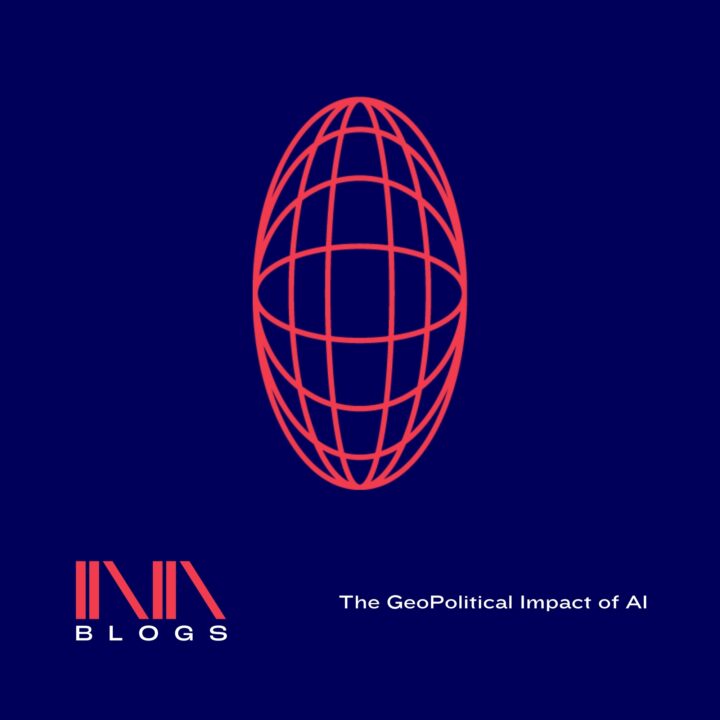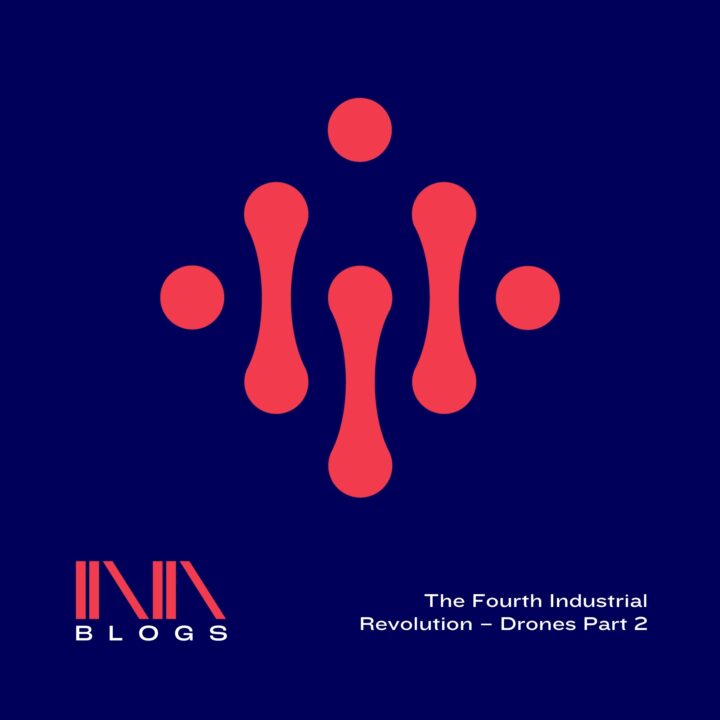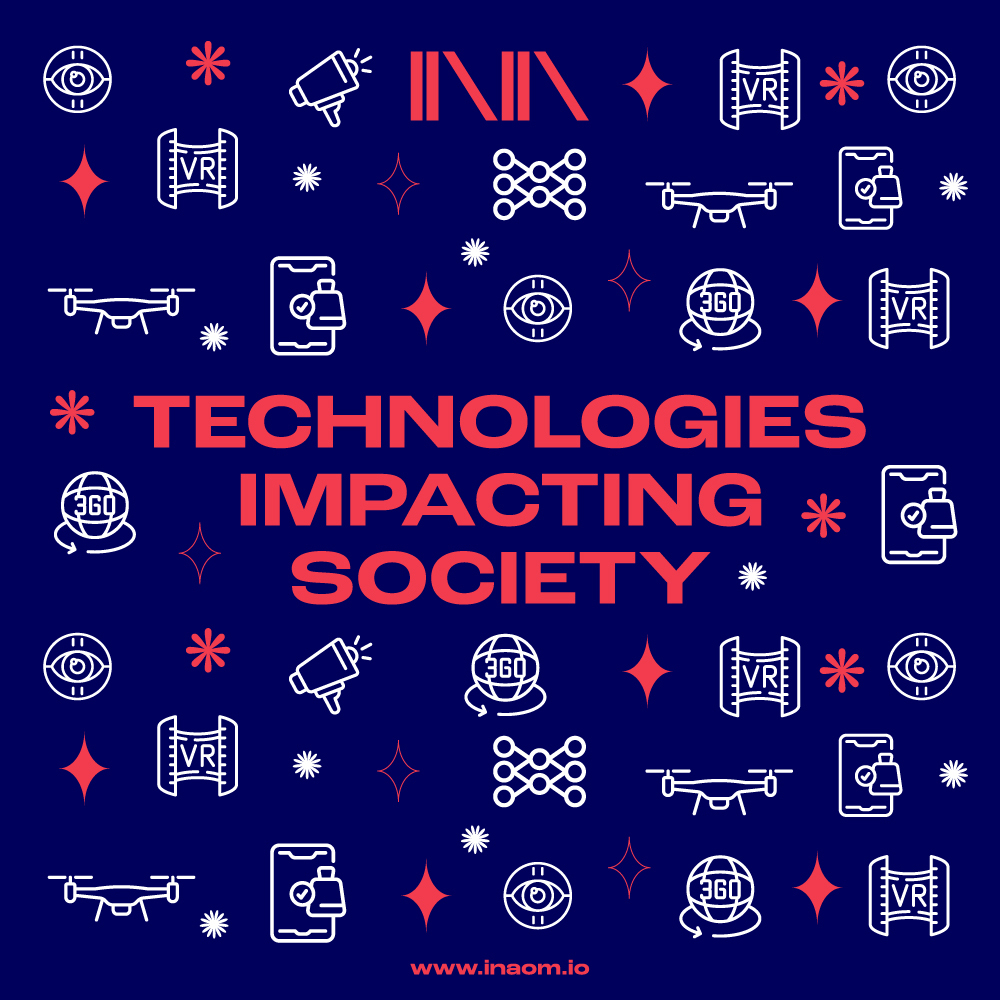
Artificial Intelligence (AI) has become an ubiquitous and transformative technology, reshaping economies and societies worldwide. However, the geographic concentration of AI advancements carries profound geopolitical impact that can influence global competition, widen knowledge gaps, and exacerbate political polarisation. In this comprehensive article, we explore the far-reaching effects of AI on the geopolitical landscape, shedding light on its potential consequences and how policymakers and businesses can navigate this evolving landscape responsibly.
Global Economic Impact of AI
The rise of AI technology has led to the emergence of tech powerhouses in specific regions. Currently, North America and China are projected to account for an astounding 70% of the global economic impact of AI, while developed countries in Europe and Asia will claim the remaining share. This concentration of AI influence presents a dynamic wherein nations vie for AI dominance, potentially leading to intensified international competition and widening disparities between technology-rich and technology-lagging countries.
It is crucial to recognise that the competition is not solely centred around talent and computing infrastructure but also hinges on access to and control of vast datasets. Early adopters of AI, equipped with the capability to flow data seamlessly across borders, may enjoy a considerable competitive edge over other regions. This trend raises concerns about the possibility of certain countries never being able to catch up, thus perpetuating inequality and hindering global progress.
AI in Political Polarisation
Beyond economic ramifications, AI’s role in exacerbating political divisions and polarising societies has become a pressing geopolitical concern. Social media platforms play a significant role in amplifying political polarisation, with AI-driven recommendation algorithms being a key factor. These algorithms create “echo chambers” for users, trapping them within content bubbles that reinforce their existing beliefs while limiting exposure to diverse perspectives.
YouTube’s recommendation algorithm serves as a poignant example of AI-driven polarisation. The platform has faced substantial criticism for nudging users. It has made extremist political views and conspiracy theories based on their browsing behaviour. Such content can significantly divide societies and contribute to political polarisation. As a result, it can pose a threat to democratic values and societal cohesion.
The Dark Side of AI: Deep Fake Videos and Audio
AI’s misuse extends to intentionally manipulating and polarising public opinion through the creation of “deep fake” videos and audio. Deep fakes refer to synthetic media created using AI algorithms. They convincingly replicate real human behaviour, often producing misleading and deceptive content. The potential to create large-scale deep fake content of historical events poses a severe threat to the public’s trust and the spread of disinformation.
Navigating the GeoPolitical Impact of AI
As AI continues to shape the geopolitical landscape, it is imperative for stakeholders, including governments, businesses, and technology developers, to adopt responsible and ethical practices. Here are some key strategies to navigate the impact of AI effectively:
1. Global Collaboration and Knowledge Sharing
Promoting global collaboration and knowledge sharing is paramount to avoid deepening the knowledge gap between nations. Governments and organisations should work together to facilitate the exchange of AI expertise and research findings. They should also ensure that no country is left behind in this transformative technological revolution.
2. Regulating AI Development and Deployment
Regulatory frameworks must be established to oversee the development and deployment of AI technology. Striking a balance between fostering innovation and safeguarding against AI’s misuse is essential. Transparent and accountable AI practices can alleviate concerns about its potential adverse effects on societies and economies.
3. Responsible Use of AI in Media and Social Platforms
Media and social media platforms should take proactive measures to combat AI-driven polarisation. Implementing algorithms that promote diverse content and providing users with access to varied perspectives can help counteract the effects of echo chambers. It contributes to a more informed and cohesive society.
4. Promoting AI Literacy and Education
AI literacy is critical for citizens to discern between factual and manipulated information. Integrating AI education into school curriculums and conducting public awareness campaigns can empower individuals to make informed decisions. It also helps reduce susceptibility to disinformation campaigns.
5. Encouraging Ethical AI Research and Innovation
The AI research community should prioritise ethical considerations in their work. Ensuring that AI algorithms are designed with fairness, accountability, and transparency in mind will be fundamental in building public trust and confidence in AI applications.
Conclusion
The advent of AI has brought forth an era of remarkable technological advancement. However, we cannot ignore its geopolitical impact. As AI continues to shape economies, societies, and political landscapes, it is crucial for nations and stakeholders to take collective action. By fostering global collaboration, regulating AI development responsibly, promoting AI literacy, and encouraging ethical research and innovation, we can steer AI’s trajectory towards a future of prosperity, equality, and unity.
Frequently Asked Questions (FAQs)
How does AI impact global economics?
AI revolutionises industries, reshaping supply chains, market analysis, and cross-border transactions, potentially altering the global economic hierarchy.
Can AI redefine diplomatic strategies?
Yes, AI aids diplomacy by analysing trends, public sentiment, and potential conflict areas, enhancing communication and global stability.
What is the role of AI in defence?
AI transforms defence and security with predictive threat analysis, autonomous weapon systems, and advanced surveillance, reshaping military capabilities.
What ethical concerns does AI raise?
AI presents ethical challenges like privacy breaches and biassed algorithms. International cooperation is vital to establish ethical norms and regulations.
How does AI encourage international collaboration?
AI fosters collaboration by prompting nations to share research and expertise, reducing the risk of technological disparities and geopolitical tensions.
Can AI exacerbate global inequalities?
Without responsible deployment, AI could deepen technological disparities. Collaborative efforts ensure equitable development and use of AI technologies.










